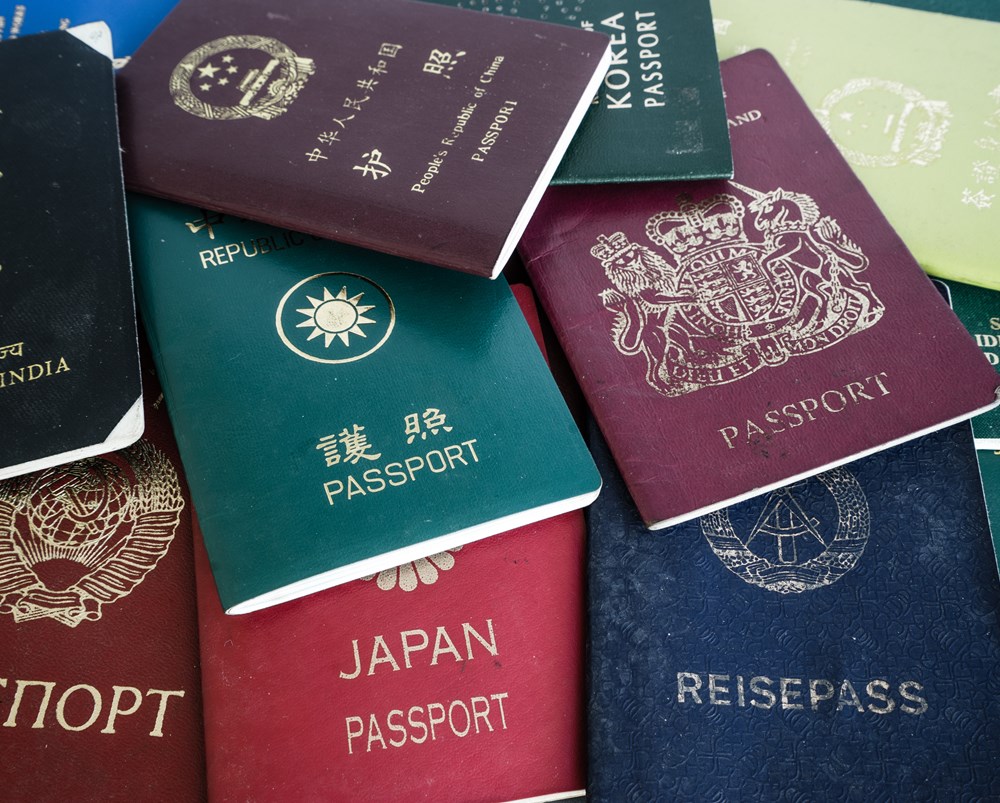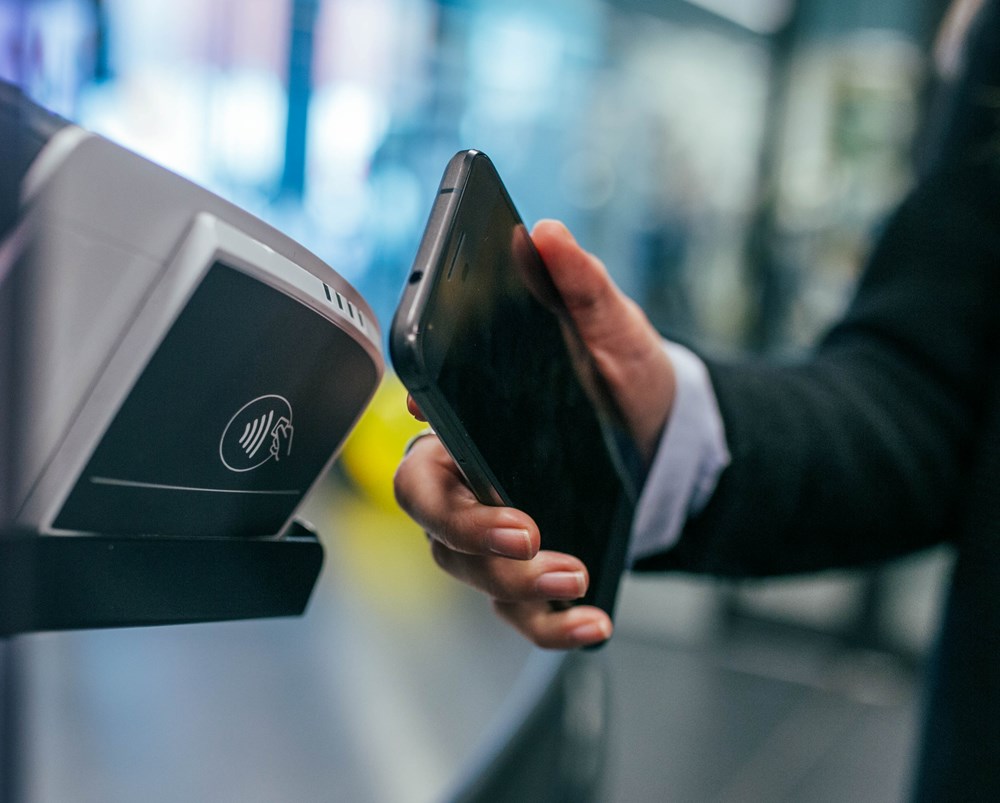Citizen Service Number (BSN)
The citizen service number is a unique number that the government uses to process your personal data, which is recorded in the Key Register of Persons (‘Basisregistratie Personen’ - BRP). You cannot work in the Netherlands without your BSN.

Textbook
Time is money
Not only is the citizen service number a requirement if you want to live, work and get healthcare in the Netherlands; it’s also a great time saver in terms of finding your way through the maze of communication with all the different Dutch authorities. Depending on which level of bureaucracy you’re acquainted with, you might be used to a lot of time spent on the phone, passing on your personal data to different government authorities. But no more! You can use your BSN for any government service in the Netherlands and they will be able to access your data within seconds. Overall, it makes life a lot easier and it’s an important tool in the fight against identity fraud.
Ready to jump aboard
Once you register with the municipality in which your Dutch home is situated, you will receive a BSN. If you’re planning to stay for more than four months, you’re required to register with said municipality within five days of your arrival in the Netherlands.
In order to register with your municipality, EU citizens need to provide:
- valid proof of identity (a driver’s license will not be accepted);
- a registered address in the Netherlands.
Non-EU citizens might also have to provide:
- a residence permit;
- an employment contract.
Please note that a BSN is not the same as a work permit. Depending on their country of origin, expats may have to apply for a work permit as well. Would you like to read more about the Dutch BSN? Click here to visit the official governmental website for more information!






